Walking and running may affect the functional connectivity of brain networks in different ways, according to a new study.
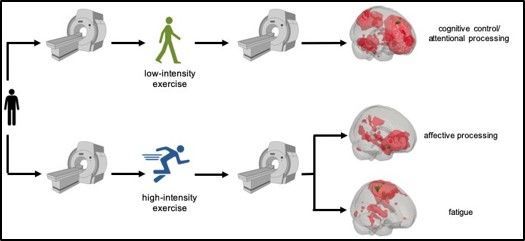

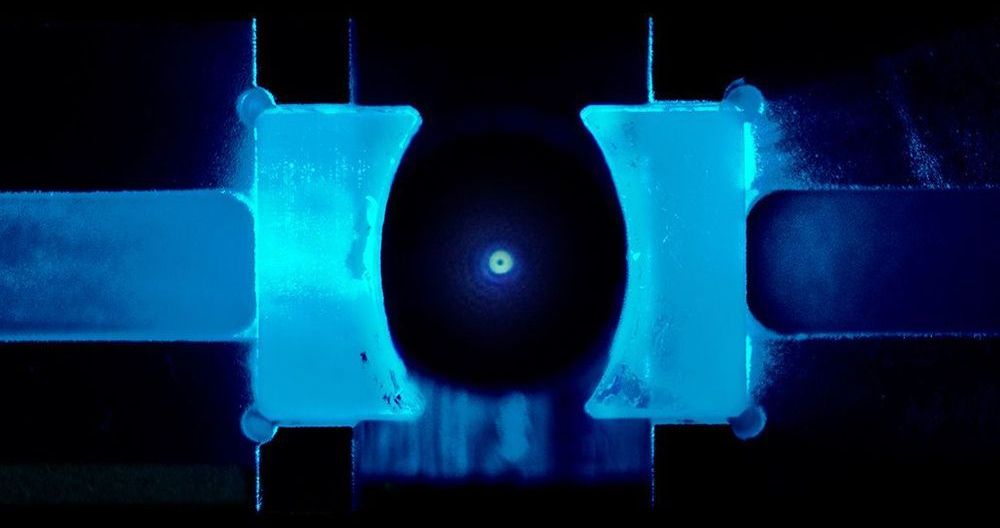
A tiny nanoparticle has been chilled to the max.
Physicists cooled a nanoparticle to the lowest temperature allowed by quantum mechanics. The particle’s motion reached what’s known as the ground state, or lowest possible energy level.
In a typical material, the amount that its atoms jostle around indicates its temperature. But in the case of the nanoparticle, scientists can define an effective temperature based on the motion of the entire nanoparticle, which is made up of about 100 million atoms. That temperature reached twelve-millionths of a kelvin, scientists report January 30 in Science.
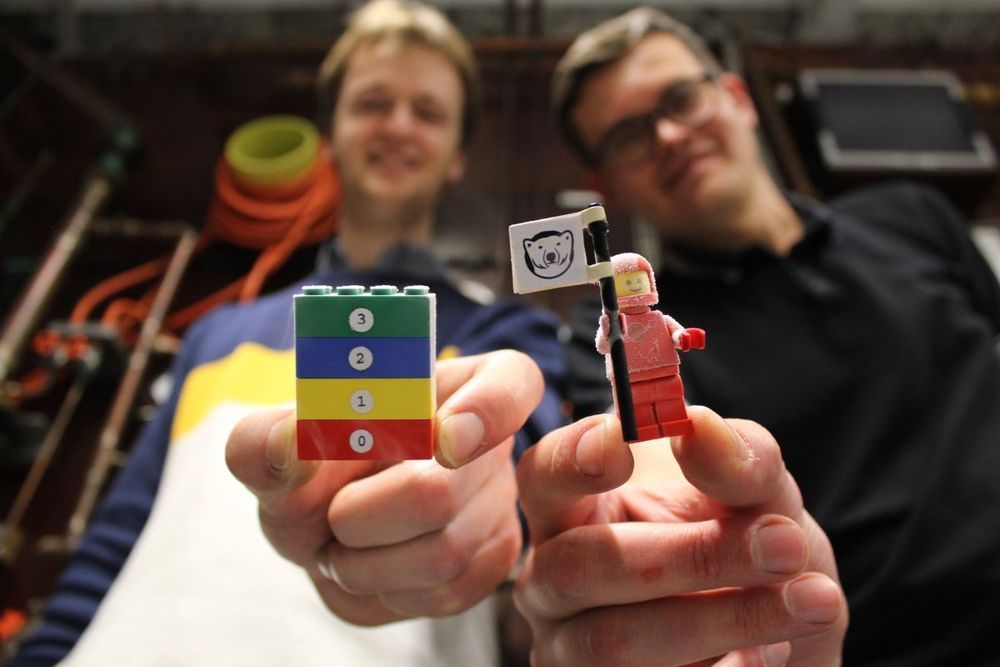
Regenerative medicine and furthermore tissue engineering are realities for some time but well hidden from the public by msm somehow.
Dr. Stephen Badylak, Director of the Center for Pre-Clinical Tissue Engineering, McGowan Institute for Regenerative Medicine.
Badylak Lab: Research and Publications: http://www.mirm.pitt.edu/badylak/

“It regenerates almost anything after almost any injury that doesn’t kill it,” said Parker Flowers, postdoctoral associate in the lab of Craig Crews, the John C. Malone Professor of Molecular, Cellular, and Developmental Biology and professor of chemistry and pharmacology.
If scientists can find the genetic basis for the axolotl’s ability to regenerate, they might be able to find ways to restore damaged tissue in humans. But they have been thwarted in the attempt by another peculiarity of the axolotl — it has the largest genome of any animal yet sequenced, 10 times larger than that of humans.
Now Flowers and colleagues have found an ingenious way to circumvent the animal’s complex genome to identify at least two genes involved in regeneration, they report Jan. 28 in the journal eLife.
Do you think Xenobots is the early stage of nanobots, which could repair our body to achieve longevity escape velocity?
Scientists have created the world’s first living, self-healing robots using stem cells from frogs.
Named xenobots after the African clawed frog (Xenopus laevis) from which they take their stem cells, the machines are less than a millimeter (0.04 inches) wide — small enough to travel inside human bodies. They can walk and swim, survive for weeks without food, and work together in groups.
These are “entirely new life-forms,” said the University of Vermont, which conducted the research with Tufts University’s Allen Discovery Center.

When Mina Jang played the same melodious tune on two different flutes behind a screen, she said the examiners grading her couldn’t tell the difference.
Yet the two instruments were made in dramatically different ways.
One was a handmade version of an original early 18th-century flute crafted in 2001, while the other was made of white plastic and “cloned” using a 3D printer in 2019.
Today’s super-rich are putting record sums into tackling the world’s most pressing problems. But how altruistic is this golden age of charitable giving?
Today’s super-wealthy are richer than ever. And they’re giving away their billions like never before. Philanthropists are putting record sums into tackling the world’s most pressing problems. And unlike the mega-donors of the past today’s philanthropists want to see the results in their lifetimes. But how altruistic is this new golden age of giving? Have these mega-donors become too powerful?
The way charities work is increasingly under the microscope. Donors large and small are demanding better bang for their buck. This is leading to innovative new approaches to doing good which are redefining notions of altruism.
Hilton Douglas is an outreach worker for Urban Pathways, a non-profit benefiting from a recent explosion in charity amongst wealthy Americans. There are record numbers of homeless people in New York and every day Hilton tries to help some of the worst affected. In 2018 spending by charitable foundations reached a record $75bn in America. The charity Hilton works for is one of 250 that are backed by New York’s largest and best-known foundation Robin Hood.
Robin Hood provides a small percentage of Urban Pathways’ total income. But the foundation also donates strategic and operational assistance. Urban Pathways runs outreach programmes and a drop-in centre and provides a roof for around 850 men and women each night.
Every year Robin Hood stages America’s biggest, glitziest fund-raising gala where it raises over 60% of its annual funding in three hours. While the average annual donation to the foundation is $108 the gala has helped Robin Hood become renowned as the charity of choice for hedge-fund managers and bankers. Over the past 30 years it’s raised and spent around $3bn fighting poverty in New York.
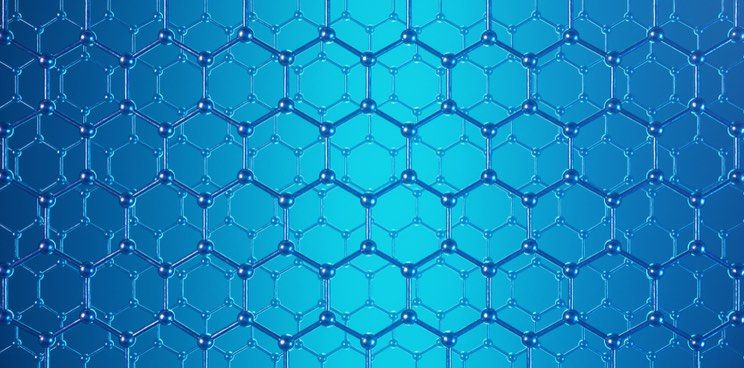
An international group of researchers has made graphene more affordably and with a lower environmental impact than current chemical methods by using bacteria.
Graphene is a very strong and conductive material that could revolutionize electronics and engineering. However, producing graphene in large quantities requires lots of energy and involves toxic chemicals, such as hydrazine, which damages the nervous system.
Researchers from the Delft University of Technology in the Netherlands and the University of Rochester in the US have worked to overcome these problems by using bacteria to produce graphene. Their work has been published in the journal ChemOpen.
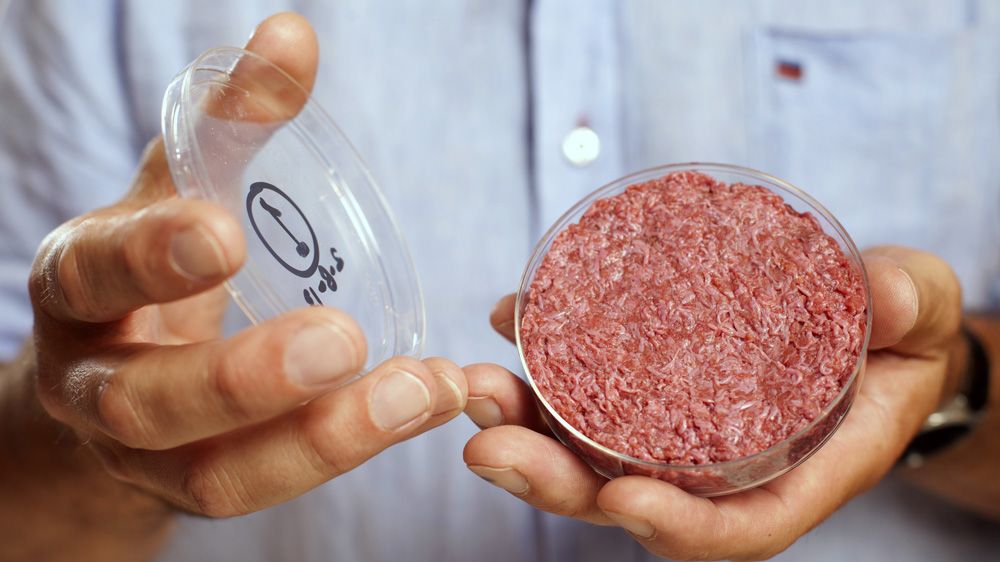
We do have to grow meat in the labs!
Maastricht-based Mosa Meat, which has in the past received more than $1m from Google cofounder Sergey Brin, said it hopes to sell its first products — most likely ground beef for burgers — in the next three years.
The aim is to achieve industrial-scale production two to three years later, with a typical hamburger patty costing about $1.
Several companies are looking into cultured meat or meat substitute products aimed at consumers concerned about the environmental and ethical effect of raising and slaughtering animals.